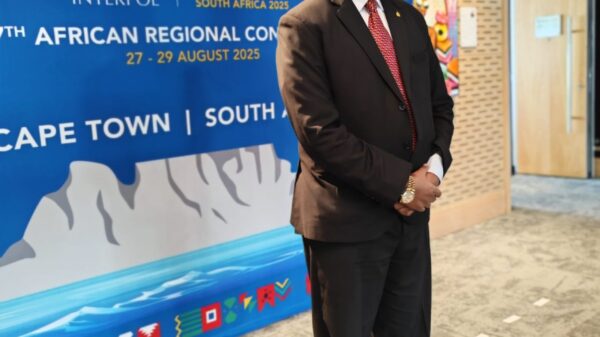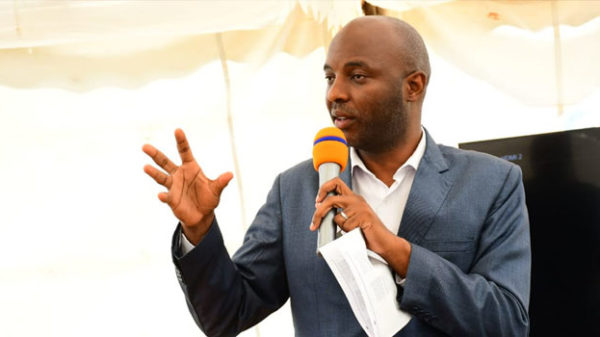NAIROBI, Kenya Apr 26 – The Kenya Private Sector Alliance (KEPSA) is advocating for reforms in the Finance Bill 2025 to foster industrial resilience, enhance tax efficiency, and strengthen private sector participation in national planning.
Speaking during an engagement with the National Assembly Committees on Finance and National Planning, Budget and Appropriations, and Trade, Industry and Cooperatives, the private sector pledged to sustain structured public-private dialogue in the lead-up to the Finance Bill 2025.
The retreat, held in Naivasha, brought together industry stakeholders who presented proposals aimed at shaping Kenya’s fiscal policy and legislative agenda to promote competitiveness, attract investment, and drive inclusive growth.
Highlighting the critical role of fiscal policy in shaping Kenya’s global competitiveness, KEPSA Chairperson Jaswinder Bedi said the dialogue between Parliament and the private sector had entered a proactive new phase—one where fiscal policy-making is co-created rather than reactive.
“The March 25th dialogue — the first in this Finance Bill 2025 series — exposed the urgency of reform: Kenya’s manufacturing base is eroding, SMEs remain overburdened by tax complexity, and fiscal unpredictability continues to stifle investment,” Bedi said.
He added that these challenges are systemic and require structural, legislative, and administrative responses.
“By deepening our engagement now, we create the opportunity to institutionalise a fair, efficient, and growth-oriented fiscal framework that works for both the state and the productive sectors of our economy,” he said.
National Assembly Finance and National Planning Committee Chairman Kimani Kuria (Molo MP) called for stronger public-private dialogue and the early involvement of the private sector in tax policy design. He also backed the digitisation of revenue collection to improve efficiency and transparency in tax administration.
Kuria further recommended a review of tax expenditure reporting to ensure incentives are targeted, time-bound, and deliver measurable economic value.
“We recognise that much more must be done to align fiscal policy with national development goals and investor expectations. One of our recommendations is to institutionalise a Medium-Term Revenue Strategy (MTRS), which will provide a stable and transparent tax policy framework over a three-to-five-year horizon,” he said.
KEPSA CEO Carole Kariuki also emphasised the need for the government to prioritise infrastructure that supports business growth, not just public demand.
















































